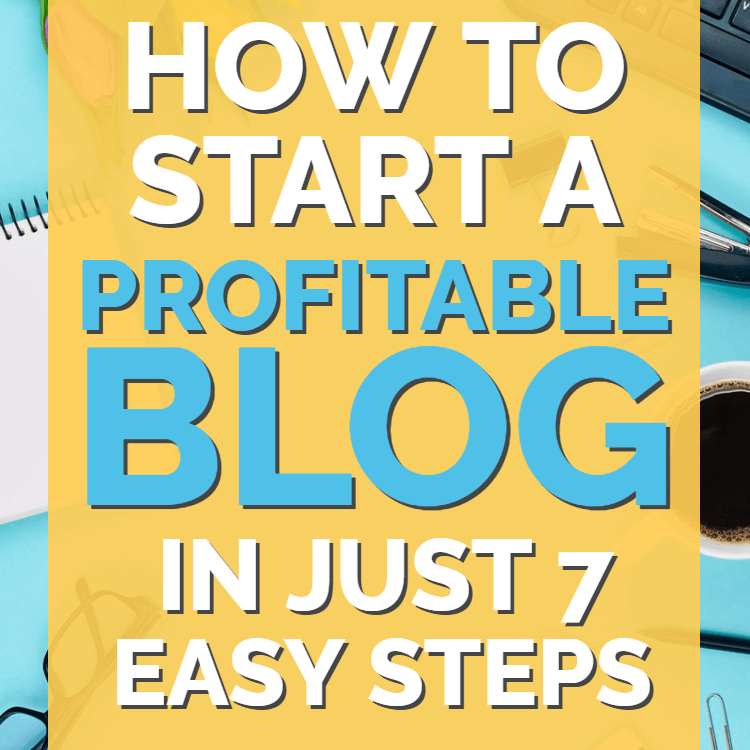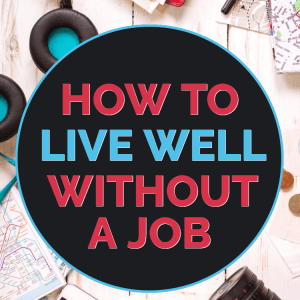Contents
Building wealth is often seen as a long, difficult and complicated process.
Many people feel so overwhelmed at the enormity of their situation that they never even pluck up the courage to get started.
The funny thing is that there are small things that all of us can do each day – “micro habits” if you like – which can slowly, inexorably help us to start building wealth.
Even better, many of these habits take minimum time and effort, yet over the course of a year or two they can have a significant impact on our financial situation. The key is just to get started.
So what daily activities can help to build wealth?
Make Lunch
Food is considered one of the three largest expenses that any of us have (alongside transportation and housing). As a result, any way you can spend less on groceries can impact your finances, freeing up money to save or invest in your future.
Each day thousands of workers in your local area opt to buy an expensive pre-made lunch from a restaurant or food van. All those small daily expenses can add up to something great.
Spending just $5 a day on lunch will cost you almost $2,000 a year – and that’s without taking into consideration any interest you might have earned on the money.
So put aside just a few minutes each morning to make your own lunch to take with you to work; a tiny change that can save you thousands each year.
Learn a New Skill
Most of us spend the first few decades of life learning. On leaving regular education, however, our absorption of knowledge can slow down considerably.
While some jobs offer regular training, and you may pick up experience on the job, don’t underestimate the power of learning new skills in your free time.
Some skills can help you to save money – such as learning how to maintain your car without a mechanic, or to replaster a wall, or build new cabinets for your kitchen. Others can help to increase your income – from learning how to code, to picking up a second language, through to passing professional qualifications.
Learning a new skill – or improving one you already have – doesn’t necessarily need to be an arduous process. There’s no need to enrol in evening classes if you don’t want. Thanks to the world of the internet – and sites like SkillShare and Udemy – you can spend a few minutes learning a new skill while sitting on the train, or waiting for a meeting to start, or during your lunchbreak.
The key is to keep moving forward, keep improving your skillset, so that you open up new avenues to increase your income and/or save money at home.
Reduce an Expense
They say that building wealth isn’t about how much money we earn – it’s about how much we keep. Controlling your expenses is therefore a key trait for gaining financial freedom.
A good micro-habit is therefore to consider the money you’re spending each day, and then look for ways to reduce or eliminate these costs.
Could you change your cell phone tariff?
Can you walk instead of driving today?
Do you really need that magazine subscription?
Each day, try to chip away at just one expense.
Within a matter of weeks you’ll find that you’re managing to keep hold of a whole load more of your money – enabling you to build wealth that much quicker.
Plan For the Future
The prices we pay for products and services aren’t fixed. Prices often rise and fall in predictable cycles, reaching their peak when most people want them, and falling away when they lose popularity.
Consider Christmas decorations as an example. In September and October when they arrive in the stores there are promotions everywhere. As the season progresses, these deals can die away, as the less well-organized part of society is forced to pay a premium. Then, by New Year they’ve fallen again to a tiny fraction of their former cost.
Someone planning ahead could hoover up all these decorations ready for next Christmas, buying the exact same products for far less than what other people paid.
This same theme runs through many of the things that we buy.
A good idea is therefore to get organized and plan your expenses months into the future. Book your vacation as early as you can. Plan for birthdays, for Halloween, for Valentine’s Day and so on.
That way, you’ll have plenty of time to land a bargain, saving money while your friends are forced to pay full price some weeks or months later.
Invest Something
Investing is central to building wealth. Unfortunately not only does investing seem complex and scary, but many people assume you can only invest when you have thousands of dollars “spare”.
With the advent of modern investment companies, operating through websites and mobile apps, it’s actually easier than ever before to get started. And while investing more money is likely to be better than investing less, it’s also true that investing something is better than nothing.
So get started, no matter how small the sum.
Tools like the Acorns app make is super-simple to get you started investing tiny sums of money. As time goes by, and your investments grow, you’ll be glad you started when you did.
Do a Survey
There are hundreds of companies looking for feedback on their products and services – and they’re willing to pay you for your opinion.
While the pay on a per-survey basis might not be overly generous, each survey takes just a few minutes to complete. It’s something you can do while on your lunchbreak at work, or while dinner is cooking in the evening. In other words you can turn unproductive time into productive time.
Earn just a couple of dollars each day from doing a single survey and by the end of the month you’ll find that you have more cash than usual to invest into your future.
Exercise
Exercising has a number of potential benefits. Firstly, for those readers in the US, staying fit can help to reduce the costs of healthcare. However, that’s not all. Exercise has also been linked to a variety of other positive traits: exercise can help to fight depression, to make us feel happier and more satisfied with life.
Exercise can also act like meditation; a source of “me time” where you can think about life without all the normal interruptions.
I often find that a hike in the countryside or a bike ride is enough to refresh my mind, which then becomes filled with ideas for improvements at work, new business ideas and ways to grow my wealth. Indeed, exercise is my “idea factory” from which many of my biggest achievements have stemmed.
Increase Your Contacts
They say it’s not just what you know – but also who you know.
Relationships can open up new job opportunities or business ventures. Just as importantly, putting aside the idea of wealth as just a financial statement, growing and improving our personal relationships can also make us wealthy in other ways.
Studies have shown that strong positive bonds with others can have one of the most obvious relationships with general happiness in life, and even in longevity. As an example, getting married can increase your lifespan, if the researchers are to be believed.
So invest time into your relationships each day. Reach out to an old colleague or contact on LinkedIn. Send an email to that friend you haven’t spoken to in years. Send a text, make a phone call. Nourish those relationships like they were precious flowers and you’ll build a fuller and more rounded version of “wealth”.
Read Something New
As a bookworm I’m bullish about the positive impacts of reading. Putting aside reading as a low-cost form of entertainment, reading can help you to learn new skills and develop yourself.
Reading can make you more worldly and knowledgeable.
Reading can even improve your grammar skills, as you subconsciously absorb how other writers are using words.
So invest in a heap of books (or a Kindle Unlimited subscription) and start learning new things every day. You never know when those skills might come in handy.
Write Something
Writing has so many potential benefits for building wealth. For one, get into the habit of writing down your goals. Not just those long-term aims but also your todo list for the day. Studies show that writing down our intentions significantly increases the odds of achieving them.
Journaling can also be a positive move, increasing your ability to recall the good that happened each day, and to look at your own performance from a third-party perspective. What could you improve upon? What lessons did you learn today?
Alternatively, remember that your writing can have value. Whether you start a blog, or write an ebook or online course, all those words you construct can also be a source of income for the future. And while writing a 100,000 word ebook can be an intimidating prospect, sitting down to spend just 30 minutes per day writing will move you ever closer to that goal.
Follow your new habit for long enough and you’ll soon find that you’ve built a thriving blog, or created a book to proud of, that all too soon will be bringing in additional income and speeding up your journey towards wealth.










Add comment